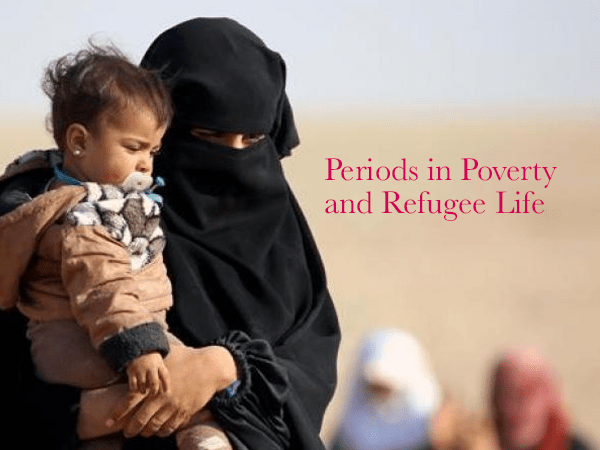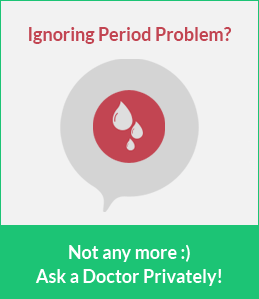A new report published by UNICEF and WaterAid found that more than a third of girls in South Asia miss school during their periods, mainly due to lack of access to toilets and pads in schools and no proper education about menstruation.
‘Period poverty’ is the term used when there is a lack of sanitary products and other essentials like toilets with clean water due to financial constraints or violence in the region. According to the report, most of the schools in South Asia fell short of the WHO standards of one toilet for every 25 girls.
Though the UN has recognized menstrual hygiene as a global public health and human rights issue, globally 1.2 billion women lack access to basic sanitation and hygiene.
“Girls have an irrevocable right to education, which is lost if they feel unable to attend lessons because of a lack of sanitary products or clean, private toilets at school,” said Tim Wainwright, WaterAid chief executive, in a statement. “Governments simply need to ensure that every school has clean water, decent toilets and good hygiene.”
With taboos and superstitions in different countries, even an open discussion in schools is impossible and about 71% of girls in India are unaware about menstruation before their first period. And the women who are aware, are forced to use old clothes, toilet paper and newspapers as alternative solutions to sanitary products, while others have to rely on friends.
The report calls on government agencies and NGOs to increase efforts to provide proper sanitation. This is also a flipside of war-stricken areas where survival itself is a struggle and period and sanitation issue is not a priority but a very essential need to be addressed for refugees. The government should also include menstrual hygiene management as a component in its health policy and device strategies to address this issue plaguing the country. The problem of period poverty isn’t going away on its own, which is why activists, charities and celebrities have urged the local public to help. Here’s how you can drive change.
- Donate to relevant organisations: There are multiple NGOs all across India which are helping women of all age access sanitary products so that they can have a healthy periods.
- . Buy extra pads and tampons: If you’re out at a supermarket, or doing an online shop, why not buy some extra pads and donate them to someone in need.
- Use social media: For once let’s use social media for a good cause instead of sharing irrelevant things. Let’s start a dialogue about what’s important and needs to be done.







,